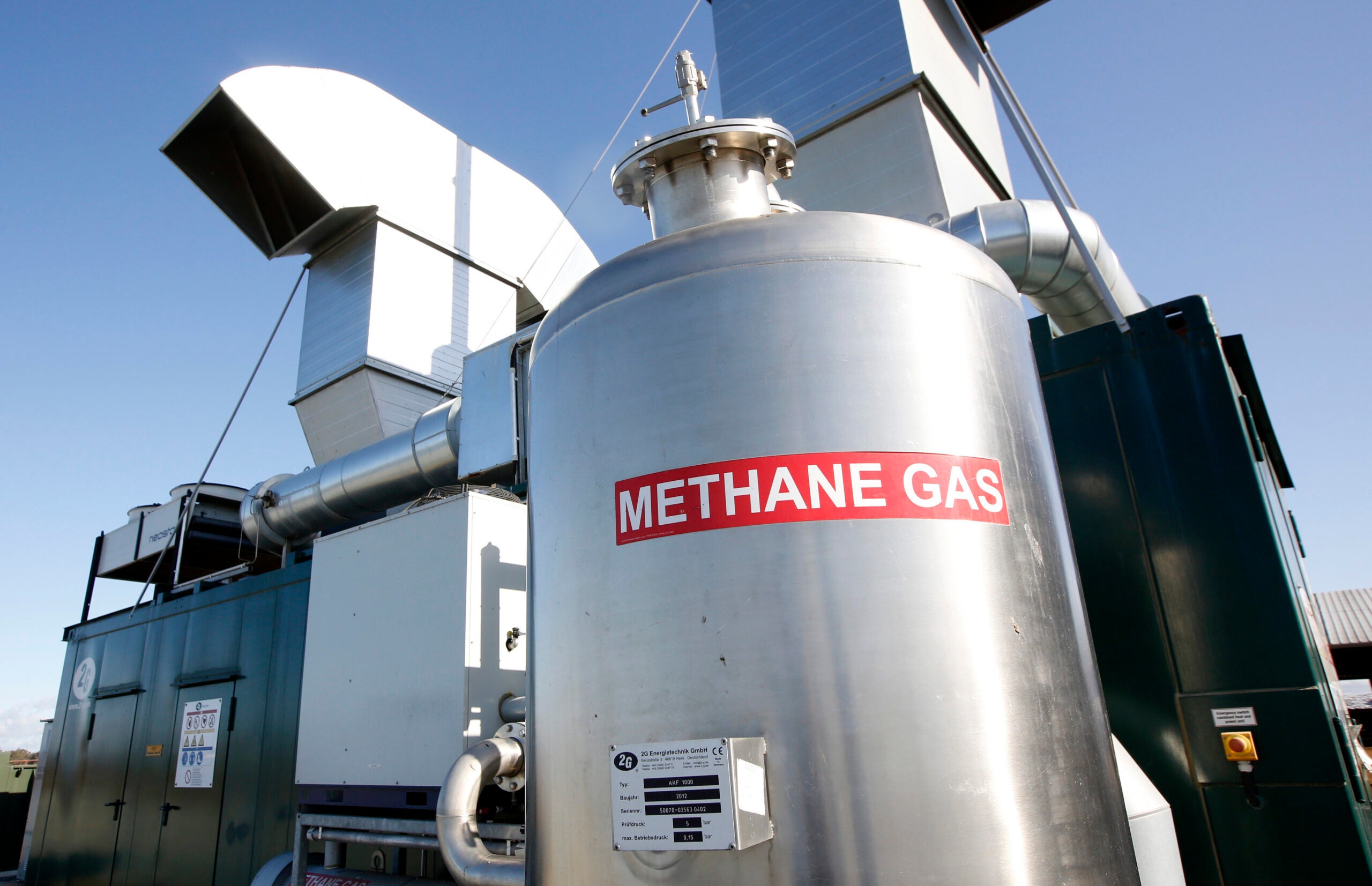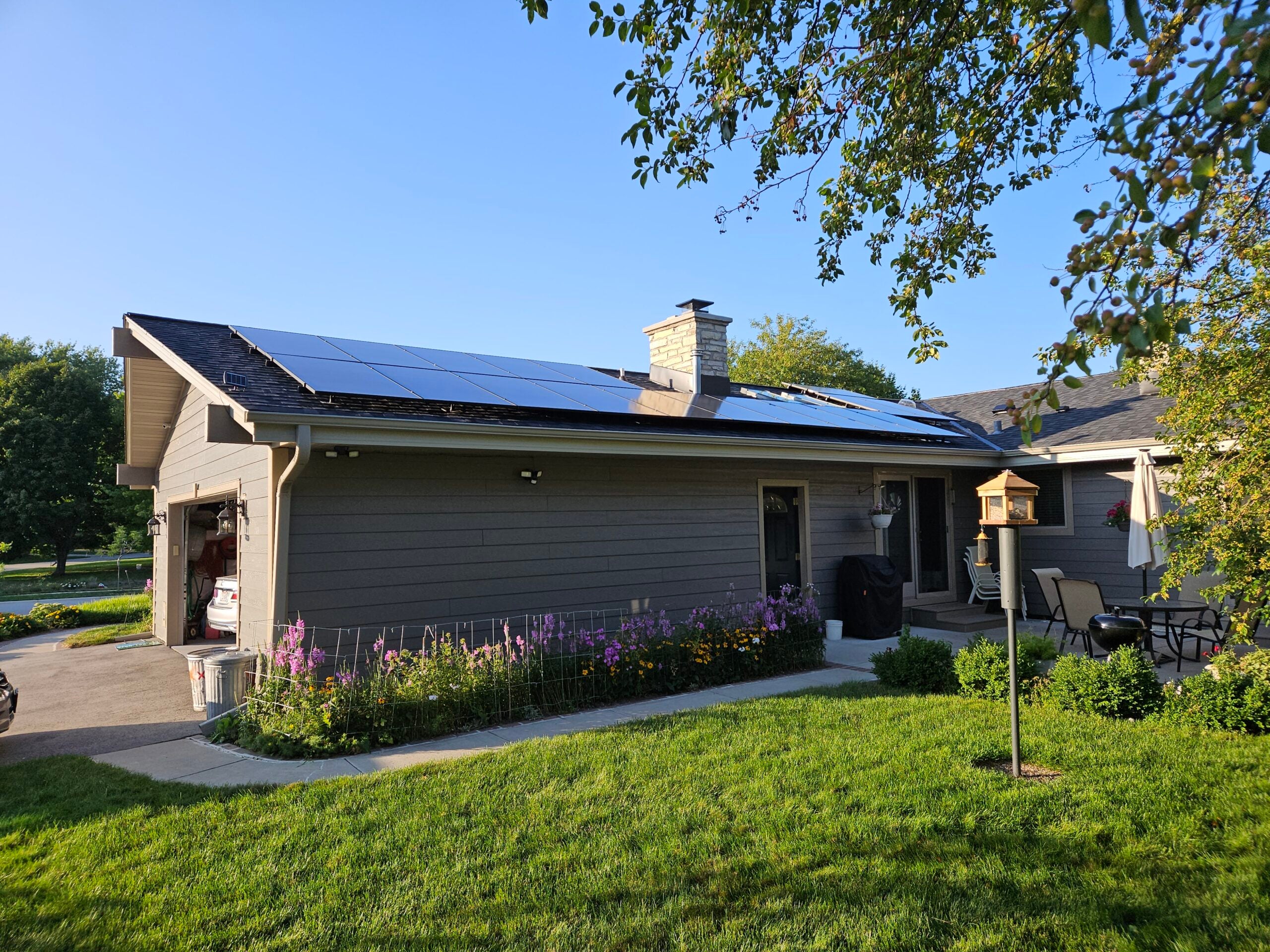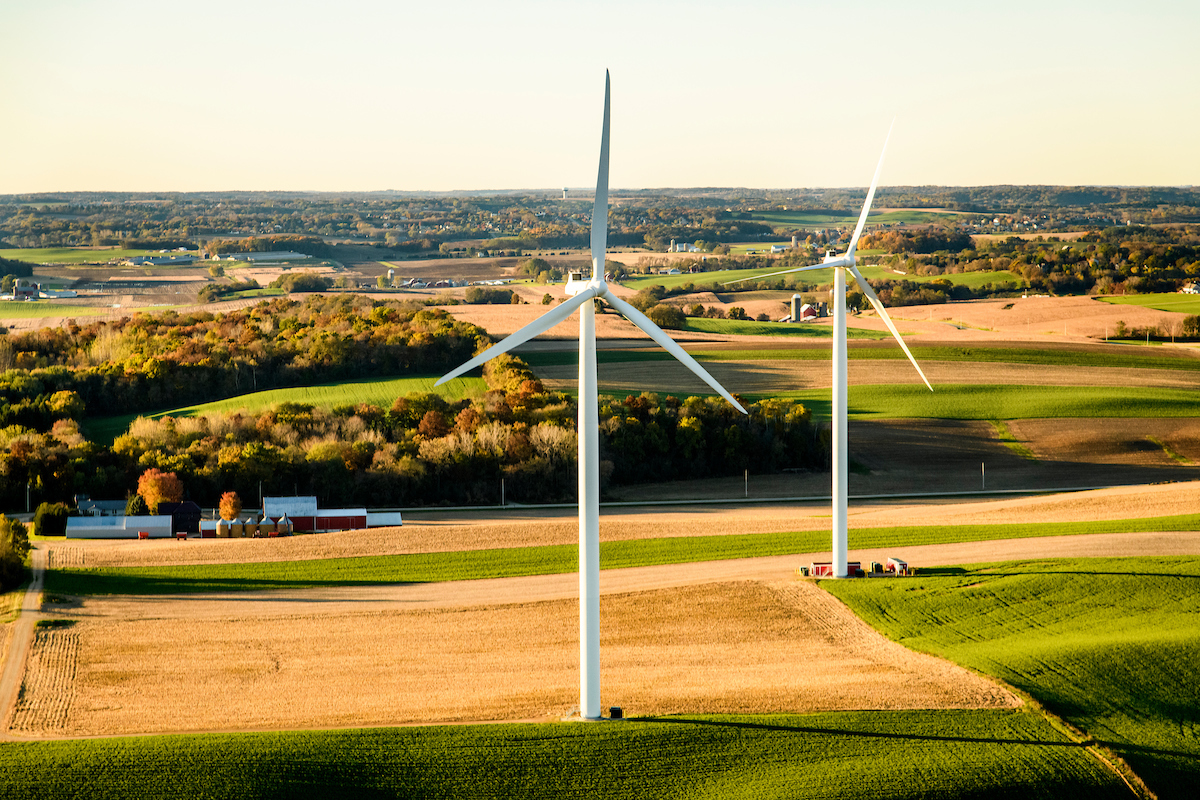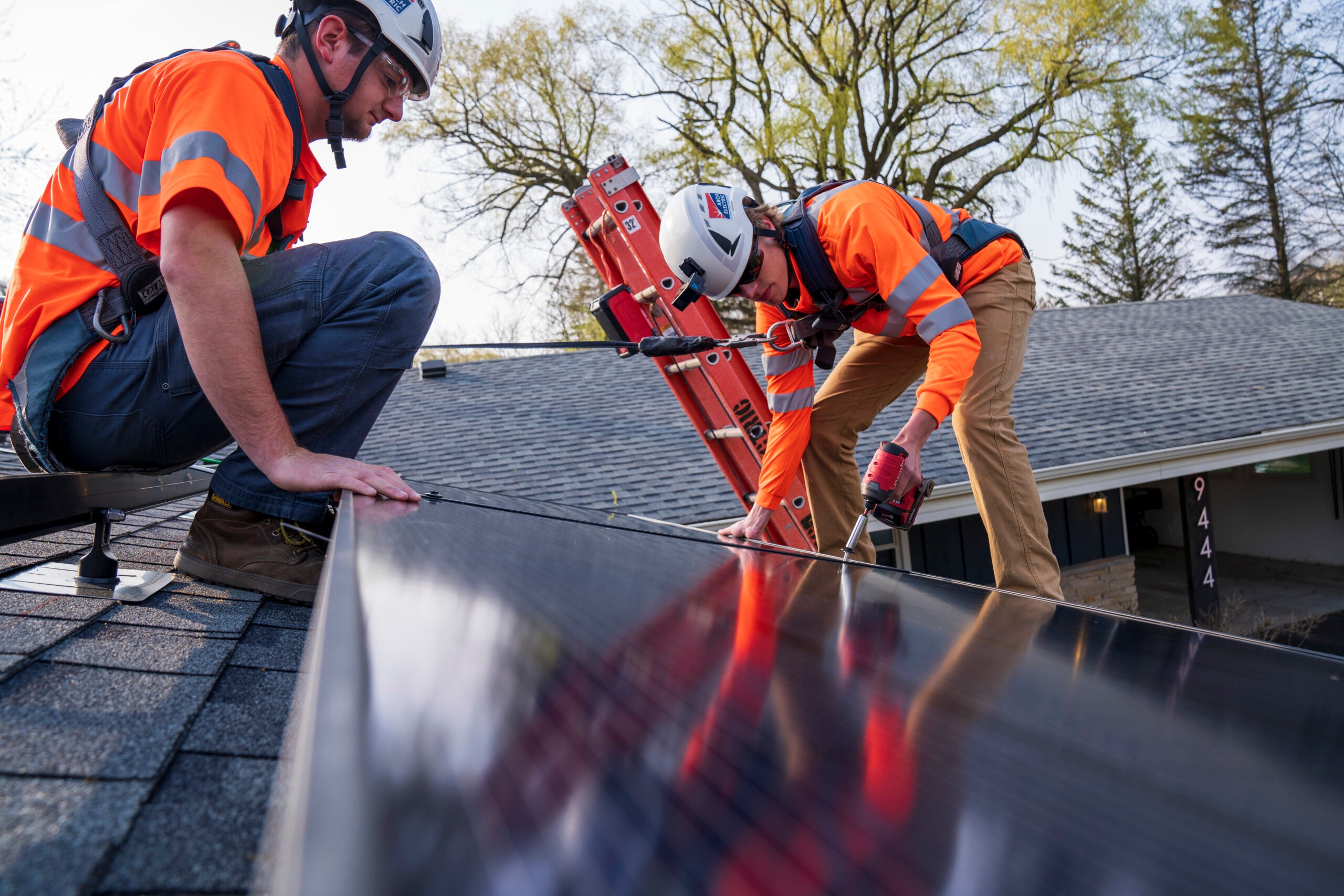With new federal interest in clean energy initiatives, Wisconsin farm and renewable energy advocates hope now will be the time to create tax incentives for biogas technology.
U.S. Rep. Ron Kind, D-La Crosse, recently reintroduced his bill that would allow biodigesters to qualify for the same 30 percent energy tax credit provided for solar, geothermal and some wind energy projects.
Biodigesters break down organic waste, like manure, using microorganisms, which emit a methane gas called biogas. The systems are commonly used by livestock farms as well as wastewater facilities.
News with a little more humanity
WPR’s “Wisconsin Today” newsletter keeps you connected to the state you love without feeling overwhelmed. No paywall. No agenda. No corporate filter.
Heather Allen is executive director of RENEW Wisconsin, a statewide renewable energy advocacy group. She said she’s hopeful the tax credit will pass and provide biogas with the same support that the solar and wind industries have had for years.
“This tax incentive would be incredibly valuable for the dairy industry and for biogas in Wisconsin generally. It’s such a tricky and expensive technology, but it’s very important with multiple benefits,” Allen said.
Allen said biodigesters require more hands-on management than other renewable energy systems, including getting the manure into the system and processing the biogas end product. She said the systems also require a bigger upfront investment. Federal tax credits for wind and solar have allowed those industries to mature and manufacturers to achieve better economies of scale that aren’t seen in the biogas sector.
“(Biogas) is a much more complicated process, so they need all of the support they can get, because biogas is so important for other environmental reasons: protecting our water quality, dealing with manure and runoff issues and just managing the waste stream,” Allen said.
John Holevoet, government relations director for Edge Dairy Farmer Cooperative in Green Bay, said many dairy farmers are looking into biodigesters as an option to more sustainably manage their manure.
“I would say there are probably dozens of projects that are in the works in the state right now, where people are looking at this, trying to get this going,” Holevoet said. “It’s a great way to help with overall manure management while also adding a new revenue stream from the (renewable natural gas).”
Holevoet said farmers often need to take a “parfait” approach to funding the projects, layering in different sources of funding to make the upfront investment feasible. He said his organization supports Kind’s biogas tax credit as another potential layer for farmers.
“I don’t know that this is going to be the end all be all for any particular project. It might be for even maybe a handful. But for a whole bunch that are already out there, or at least people who are kicking around the idea of working on that kind of project, this could be one more thing that sort of tips them over the edge,” Holevoet said.
But Allen warns it could be an uphill battle to get Congress to move forward on the tax credit, especially considering the lack of traction the idea saw in previous sessions.
Kind first introduced the idea of a biogas tax incentive as early as 2007, and he’s introduced the current version of the bill to three previous Congresses.
Allen said she thinks the lack of interest from lawmakers is in part due to a lack of understanding about why biogas is important.
“The benefits that biogas can bring, I think, are uniquely understood by renewable energy advocates, farmers, folks really interested in reducing the phosphorus that runs off into our lakes and creates all of that algae,” Allen said. “Wisconsin is an agricultural state, one of the largest dairy states in the country. So I think we are uniquely interested, but not as many states will have that perspective.”
But the latest iteration of the bill has been introduced as part of the Growing Renewable Energy and Efficiency Now Act, a bill that focuses more broadly on renewable energy and energy efficiency. And Holevoet said that could make a difference.
“There is sort of a renewed interest, both in Congress as well as on the part of the Biden administration, in both renewable energy and also issues pertaining to climate,” Holevoet said. “This really checks kind of both of those boxes at the same time, so this might be actually a good time to make it happen.”
Wisconsin Public Radio, © Copyright 2025, Board of Regents of the University of Wisconsin System and Wisconsin Educational Communications Board.






